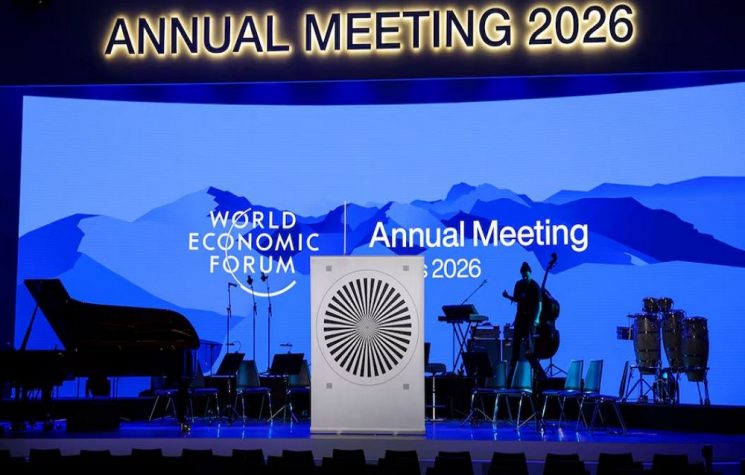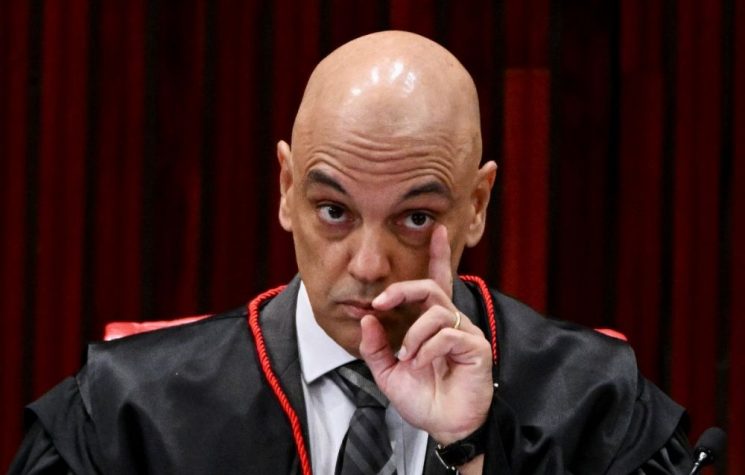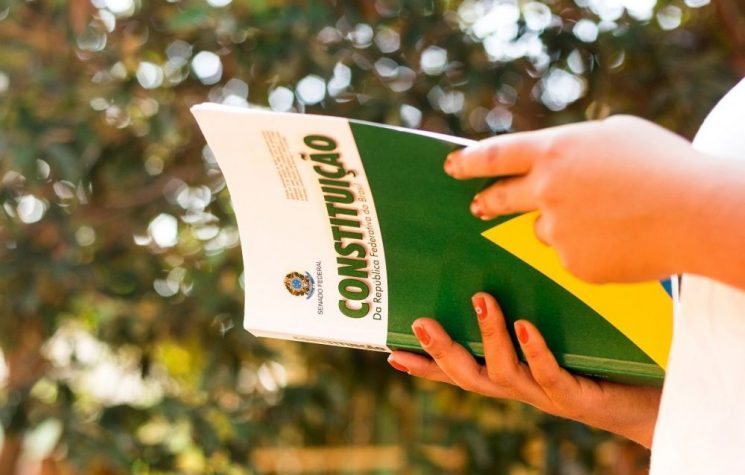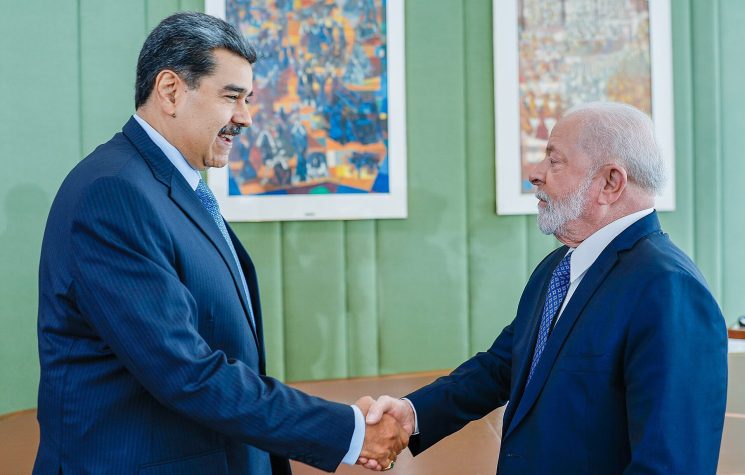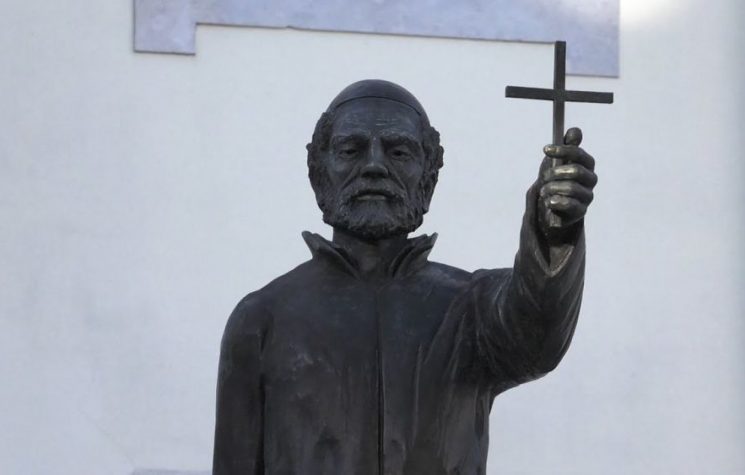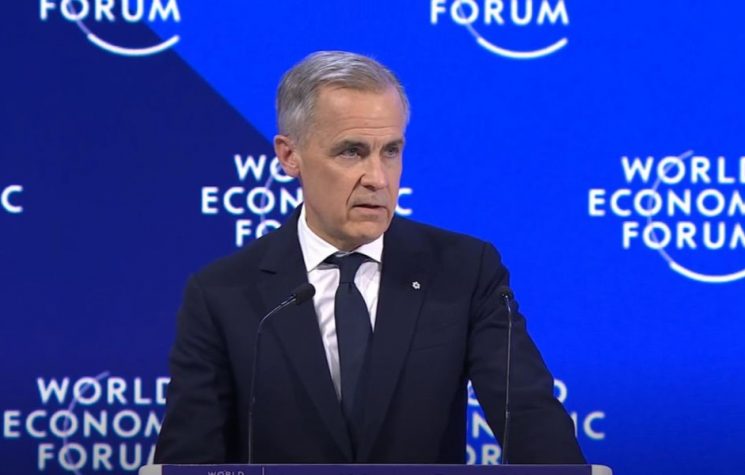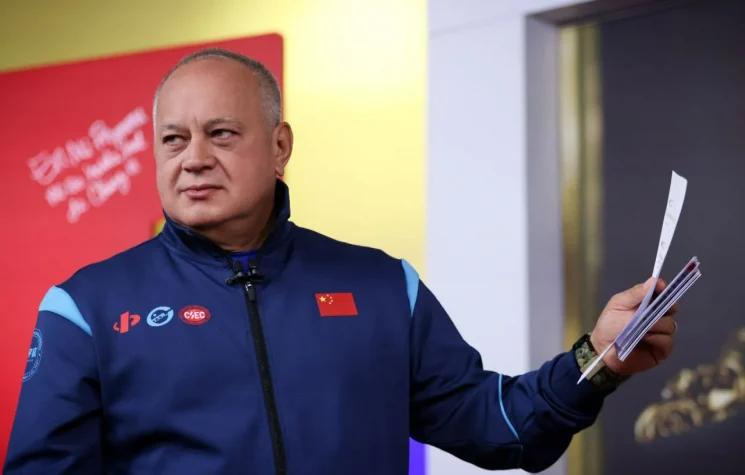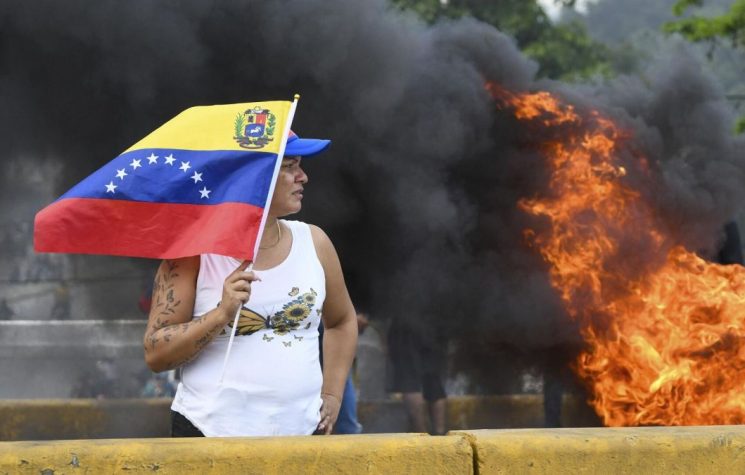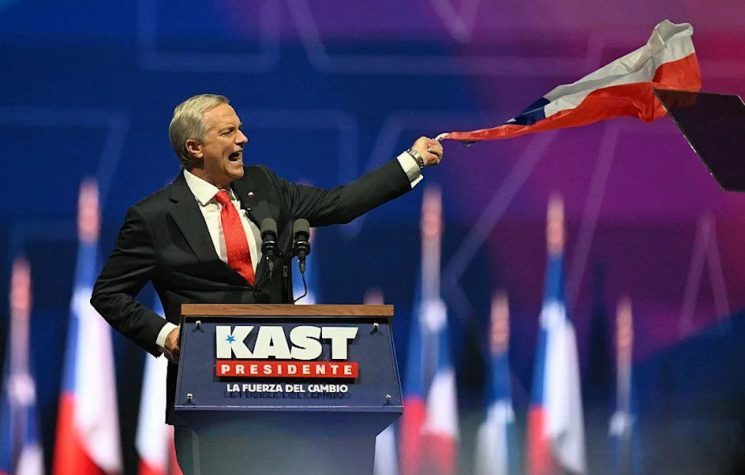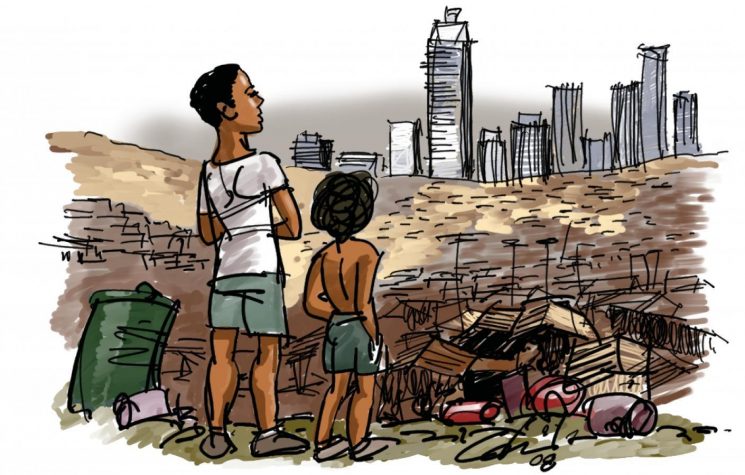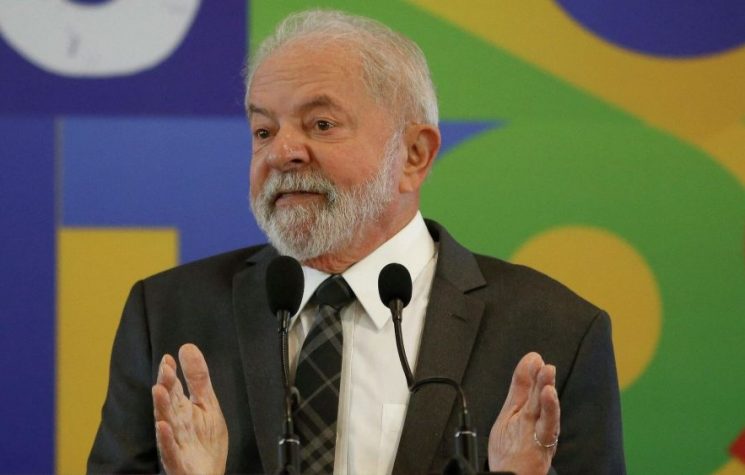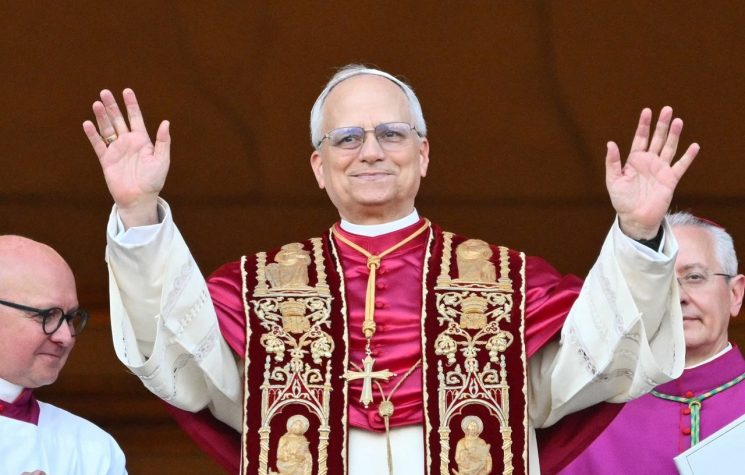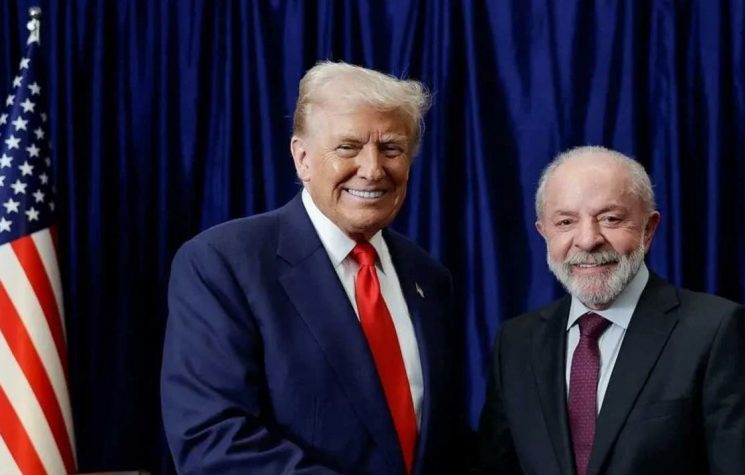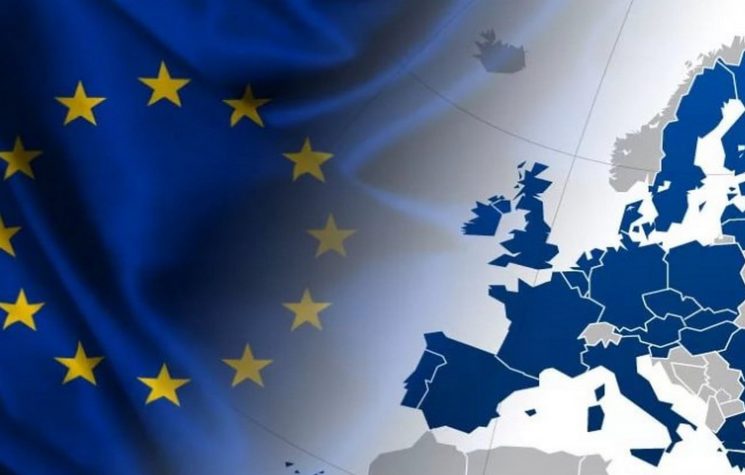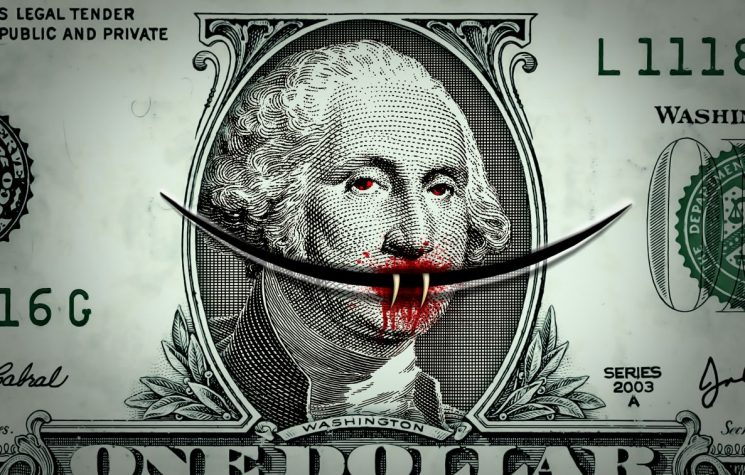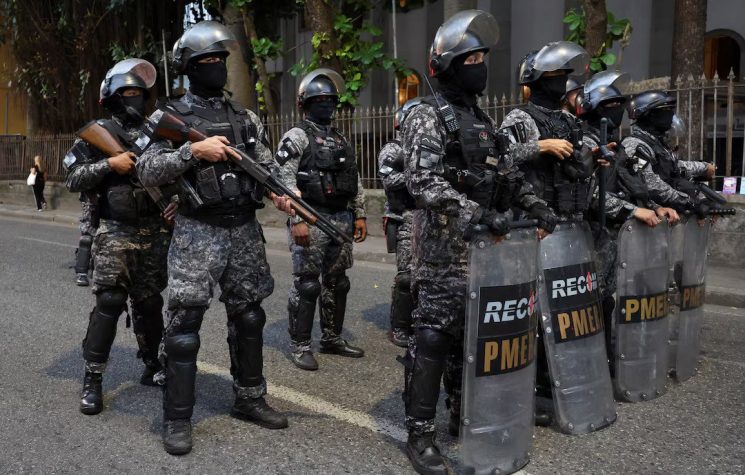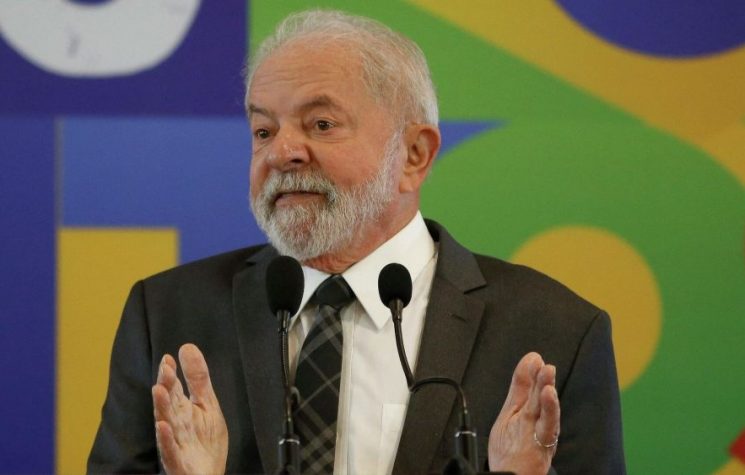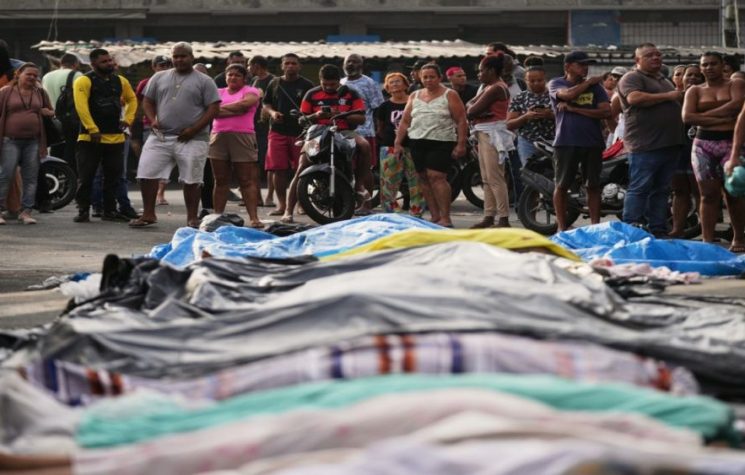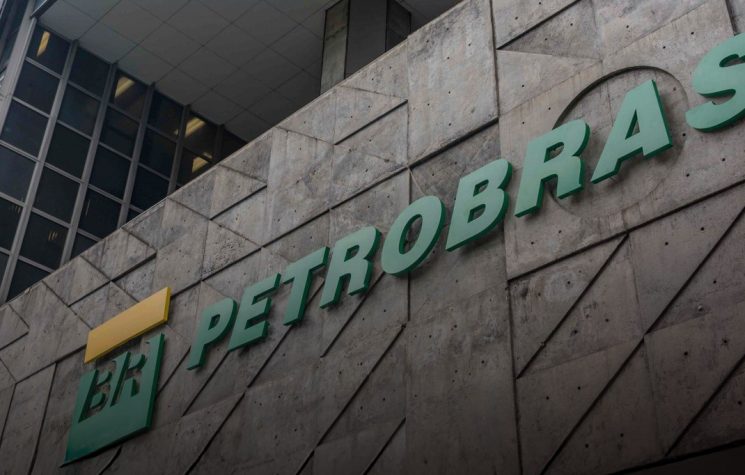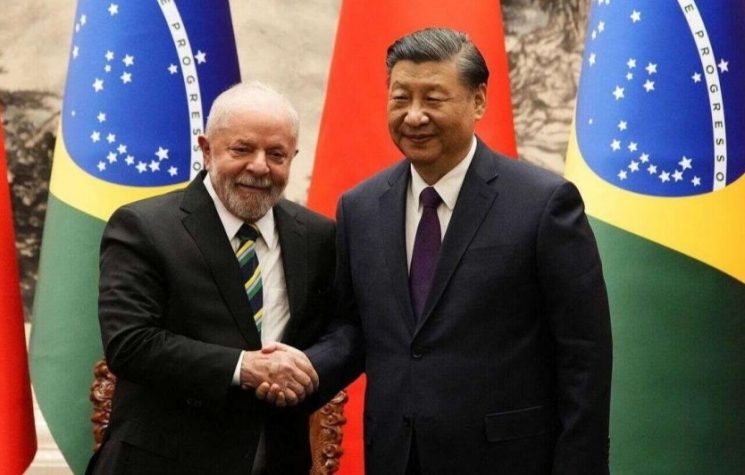Lula’s Brazil is definitely one where transnational capital is having a blast, Bruna Frascolla writes.
Contact us: info@strategic-culture.su
Although it is one of the largest food producers in the world, Brazil is suffering from food inflation. As we know, this mainly affects the poorest, who make up a large part of Lula’s electoral base. Even so, Lula does not seem to care much about the cost of living in Brazil, as his priority is to please liberals.
Food inflation
Food inflation is multifactorial. The rise of the dollar makes it more advantageous for Brazilian producers to sell abroad than to sell domestically. Eggs, a food that has always been cheap in Brazil, became expensive on the global market with the slaughter of millions of laying hens under the Biden administration – for the US did not stop eating eggs. Coffee, which is a symbol of hospitality and is part of the routine of all social classes, had a bad harvest and, on top of that, became popular with the Chinese. And to make matters worse, the liberal super-minister of the Bolsonaro administration, Paulo Guedes, had emptied the regulatory food stocks. The “inexorable” laws of the market dictate that Brazilians must pay dearly for the food their country produces.
(It could be said that the banker Paulo Guedes had a kind of DOGE in the Bolsonaro government. Just as businessman Elon Musk has superpowers to implement his own agenda in the Trump government, banker Paulo Guedes pursued his “desestatização” [something like un-state] and carbon market agenda under the spotlight of the press.)
Given this scenario, what did Minister Haddad, perhaps the most liberal of the Lula’s party, do? He decided to eliminate import taxes on nine foods, such as coffee and meat… Which are things that Brazil practically does not import. In the end of the day, this means that luxurious Nespresso capsules will become cheaper. Even so, it is worth noting that the Lula administration dedicated itself to replenishing the regulatory stock of food emptied by Guedes’ “un-state” program. Export taxes, however, are out of the question.
Agreement in Davos – Green Agenda
If the most speculative aspect of the green agenda (the carbon credit market) made great strides under the Bolsonaro administration, under the Lula’s, there was an agreement to hand over the management of 14% of the national territory to a green transnational corporation, Ambipar. In February, I wrote in the SCF about the subject in greater detail: in theory, a private company that has already been fined by environmental agencies should be responsible for typical state functions on indigenous lands, where there are restrictions on the entry of ordinary Brazilians and even the Army.
Well, given the negative repercussions, the government issued a statement saying that it was fake news and that the document was merely a “protocol of intentions”, with no legal validity. In mid-February, Senator Plínio Valério commented: “So far, the text of the protocol is a mystery, they haven’t released it. The only certainty is that the announcement alone has already generated billions for the multinational Ambipar.” In fact, the sheer announcement of the signing led Ambipar to close a contract with Ferrari. As I write these lines, I see that the government has taken the note offline, and even if I log in to the government website as a Brazilian citizen, I can’t access it.
It’s bad to go around making deals abroad behind Brazilians’ backs, and this isn’t the only case. Regarding this subject, it’s worth emphasizing (as my colleague Raphael Machado has done at the SCF) that the green agenda is anti-development and against cheap energy, which contributes to the increase in the cost of living in Brazil.
Agreement in Cannes – Real estate market
One of the things that has undoubtedly increased in recent years is the price of home ownership. Previous Lula administrations created a credit program for the purchase of affordable housing similar to Obama’s, and, just like in the US, the concentration of the real estate market, subsidized by easy credit, led to a veritable cartel driving up the prices of urban properties in the most populous cities.
Faced with this problem, which is accompanied by the rise in the dollar, the Ministry of Tourism thought it would be a good idea to create a Golden Visa for foreigners who buy property in Brazil. In Cannes, last month, the Ministry of Tourism signed a protocol of intentions to grant a permanent Brazilian visa to foreigners who buy a property worth R$700,000 in the North and Northeast regions (the poorest regions), or R$1 million in the rest of Brazil. These are not amounts that a shopping mall owner would spend; they are amounts that the upper middle class would pay in installments to buy their own property over several years.
Loan sharking as a social policy
During the military period (when Brazil was governed by an anti-communist and developmentalist regime aligned with the US), the government created the FGTS (Length-of-Service Guarantee Fund), a type of compulsory savings that workers accumulate while they are formally employed. When they lose their jobs, they receive these savings. The original intention was that, while the money was in the hands of the government, it would be used to fund infrastructure projects.
Last month, everything changed. Now the FGTS can be used as collateral for loans (here is the government publication). In theory, the interest rates would be lower; however, according to the economic newspaper Valor, the interest rates are higher: “Interest rates on the line have fluctuated within a wide range, between 3% and 6% per month, and are above the average of the existing version, which is 2.9%. When the product was launched, the government’s official estimate was that the rates would be 40% lower than those on personal credit without any type of collateral (6.1%), that is, close to 3.7%.”
To make matters worse, Brazil is now experiencing a craze for virtual gambling, which has caused huge debt and even suicides. Lula’s Brazil is definitely one where transnational capital is having a blast.













